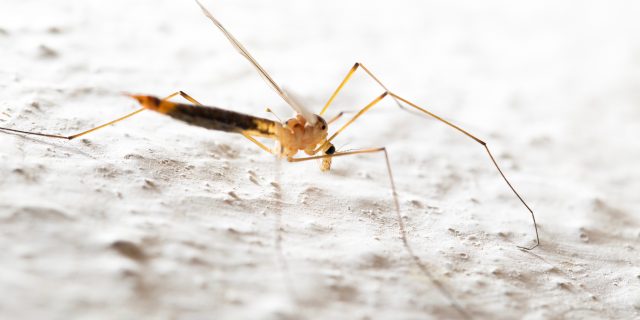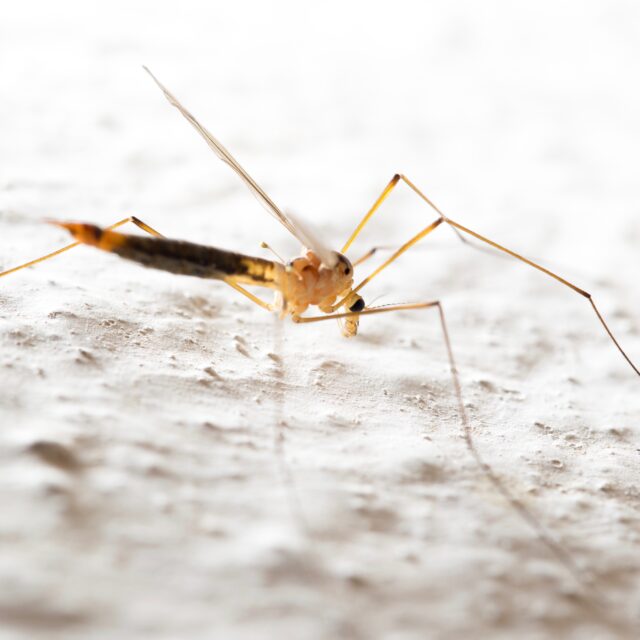By Jovana Savic, 2016 ONE Youth Ambassador
I work and live in Humjibre — a small village located in the Western region of Ghana — and contracted malaria for the first time last year.
Ironically, it was the 25th of April — World Malaria Day — when the first waves of seizures and a high temperature hit me. At first it was scary, but in the end, I learned so many things about malaria.
 1. People who live in areas where malaria is common build partial immunity to the disease.
1. People who live in areas where malaria is common build partial immunity to the disease.
While being treated for malaria, one of my first surprises was that people local to the community did not seem to fall sick as easily. When they did contract malaria, their symptoms were often less severe and they were often able to simply buy medications to treat it. Why? Because many of them have gradually built up an immunity, a process that begins in childhood if people are repeatedly infected and treated for malaria. The downside to this is that the malaria parasite can become resistant to certain drugs making it more and more difficult to treat.
2. It doesn’t seem real until it happens.
You read so much about malaria and you try so hard to protect yourself from bites. When it happens, you say: “How? I even don’t remember that mosquito bite!” The truth is that all the bites, infected or not, look the same as any ordinary itchy mosquito bite would.
3. Most of the time you don’t feel or see a mosquito.
The most surprising fact is that most of the time you don’t see or feel a mosquito when it lands on your body. It’s frustrating that you feel only the bite! By then, it’s too late to prevent it. Repellents can be effective, but the insects are capable of finding unprotected skin no matter how small that part is.
4. Symptoms come in waves.
Malaria symptoms come in waves: first, you experience a cold stage where you shiver and have a rising temperature, followed by a hot stage when you feel warm and sweaty with a fever. This can last a few hours or, in some cases, this can happen over a course of days. It may seem like an attack of the flu, with symptoms like a headache, aching muscles and joints, nausea, vomiting, and diarrhoea.
5. Treatment doesn’t always work the first time.
The malaria parasite can become resistant to certain drugs. After I was diagnosed, I had to be treated multiple times before I was free of malaria. Treatment can be completed in days if the right medications are used, but in my case, it took three weeks.



